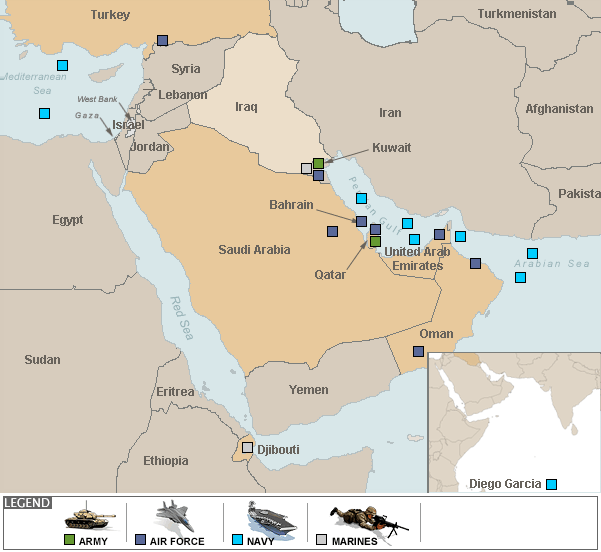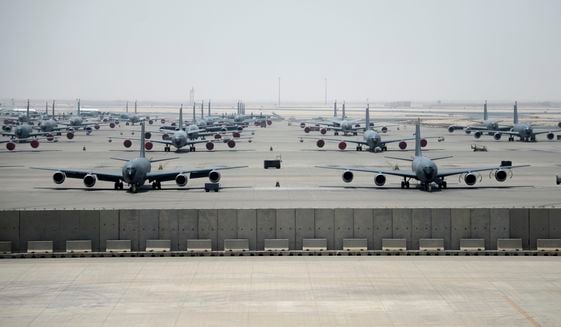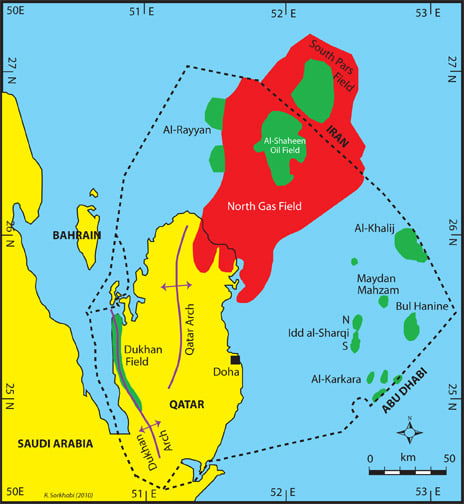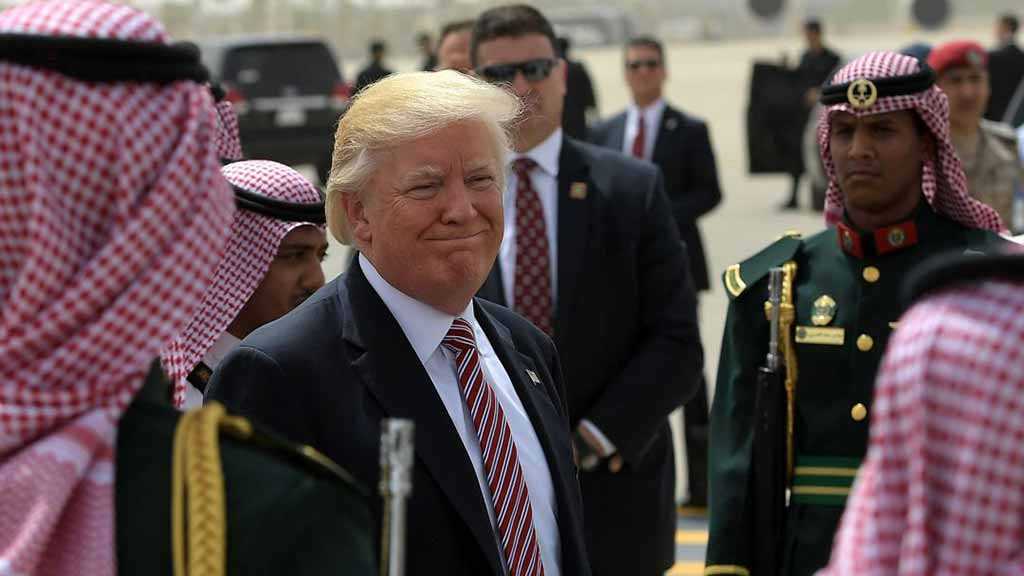Reconciliation between Iran and the GCC will reap vast mutual benefits, while conflict only serves those outside the Persian Gulf

In mid-August, Gulf Cooperation Council (GCC) member states the UAE and Kuwait announced the return of their respective ambassadors to Iran after a six year hiatus.
The move represents the latest sign of warming ties between Iran and the Persian Gulf sheikhdoms since the controversial execution of prominent, outspoken, Saudi Shia cleric Sheikh Nimr Al-Nimr in 2016 interrupted relations.
Nimr’s killing prompted angry protestors to storm the Saudi diplomatic mission in Tehran, leading to a concerted action by several GCC states to sever or downgrade relations with the Islamic Republic.
The reconciliation of two GCC countries with Iran last month was a result of negotiations stretching back several years. These advances also come amid on-going – sometimes stalled – talks between Tehran and Riyadh, hosted by neutral mediators in Baghdad. So far, five rounds of discussions have been held, with the last one held in April and a sixth one looming on the horizon.
Deescalation and diplomacy
Over the past two years, tensions in the Persian Gulf region deescalated as regional states began to seek alternative options to wind down their various proxy fights in West Asia.
The UAE has been at the forefront of these efforts, normalizing relations with Syria – another battleground against Iran – and agreeing to reset relations with Turkey last year after a decade of divergent ideological stances over the wider region.
Following Abu Dhabi’s lead, Riyadh also markedly improved its own relations with Ankara after Turkish President Recep Tayyip Erdogan’s two-day trip to Saudi Arabia, which was reciprocated by Crown Prince Mohammed Bin Salman’s (MbS) visit to the Turkish capital in June.
Most important for the region, however, is the thorny issue of the longstanding, mutually-perceived threat between Iran and the ‘Saudi camp’ within the GCC. For various reasons, including defeats and setbacks in Syria and nearby Yemen, Iran’s Arab neighbors have come to realize that the continuation of hostilities with Tehran is no longer in their national security interest.
“[Iran and Saudi Arabia] are neighbors. Neighbors forever. We cannot get rid of them, and they can’t get rid of us. So, it’s better for both of us to work it out and to look for ways in which we can coexist,” MbS said in an abrupt about-turn earlier this year.
Such conciliatory views are shared by Tehran, as conveyed by Iran’s foreign ministry spokesman Nasser Kanani who told reporters on 22 August: “We are optimistic that a positive regional atmosphere is fostering a path of communication and dialogue, and ultimately better relations.”
Rapprochement between Iran and the UAE was preceded by a similar trajectory; after four years of negotiations and five phone calls between Emirati Foreign Minister Sheikh Abdullah Bin Zayed and his Iranian counterpart Hossein Amir-Abdollahian, the two countries concluded that their interests can be better resolved through dialogue.
“Short of confronting Iran, it is wiser to reach out to Mr. [Ebrahim] Raisi. One way to deal with Iran is to continue the conversation and find common ground for good neighborly relations,” AbdulKhaleq Abdulla, the former advisor to the UAE government wrote in an opinion article, in reference to the Iranian president.
The diplomatic moves make sense considering that the UAE and Iran are economically interdependent; trade between Iran and the UAE is extensive, and Abu Dhabi is the largest exporter of goods to Iran. It is worth noting that despite tensions between the two countries, trade never completely ceased during the toughest times.
Motivating factors
Several factors have motivated this wholesale revision of policies towards Iran. Chief among these is the concern that GCC states can no longer depend on unconditional protection from unreliable allies outside the region.
Certainly, US President Joe Biden’s focus on reentering the Joint Comprehensive Plan of Action (JCPOA) nuclear agreement with Iran – unilaterally abandoned by his predecessor – is a strong indicator that Washington seeks to defuse its own decades-long standoff with Tehran to address more pressing national security priorities elsewhere.
As the US military and foreign policy establishments recalibrate their focus onto major peer adversaries like China and Russia, Washington has reduced its defense and security commitment to its long-time allies in the Persian Gulf.
This eroding ‘security guarantee,’ which began under former President Barack Obama and his “Pivot to Asia,” became strikingly evident in the 2019 Yemeni attack on Saudi’s Aramco oil facilities in Abqaiq and subsequent attacks on ships anchored in the UAE port of Fujairah, including two Saudi oil tankers.
After the unprecedented strikes by Yemen’s resistance movement Ansarallah, Washington’s utter failure to provide material support to its closest Persian Gulf allies – who have spent billions to procure US military protection – strongly influenced the GCC’s decision to engage with Iran.
“When the US didn’t follow through on defending its Arab partners following the Aramco attacks “it became imperative [for the UAE] to secure itself without relying on others – the US in particular – and engaging with Iran is a part of that,” Dina Esfandiary, a Middle East adviser at the International Crisis Group think tank explained.
The US’ faltering pledge to safeguard the Arab states of the Persian Gulf was heavily criticized by the Senate Republican Policy Committee. In a statement in early August, it accused Biden of undermining his commitment to Persian Gulf allies and missing an opportunity to take advantage of developments in West Asia and the US-brokered Abraham Accords for a united front against Iran.
Additional factors that accelerated dialogue with Iran include the economic impact of the coronavirus pandemic – which encouraged further economic diversification away from reliance on oil revenues – the crisis in Ukraine, global energy shortages, and the issue of regional food security.
Conflict with Iran is ‘off the table’
The 2020 Abraham Accords presented an opportunity for Israel and its new Arab partners to form an anti-Iranian front aimed at reducing Iran’s geopolitical reach. But two years of inactive bluster about an “Arab NATO” has instead demonstrated that none of the Persian Gulf’s monarchies – despite plenty of encouragement from Tel Aviv and Washington – have the political will to take that confrontational regional step.
Instead, in the aftermath of normalization, Arab states such as the UAE sought to gain economic and commercial benefits from Israeli IT technologies and clean energy companies, rather than crow for open confrontation with Iran. For this reason “Middle East NATO was a ‘theoretical’ concept and … for Abu Dhabi confrontation [with Iran] was not an option,” says Anwar Gargash, senior diplomatic advisor to the UAE president.
Other GCC member states like Saudi Arabia, Kuwait, Oman, and Qatar have thus far opposed full normalization with Israel. They know that any overt anti-Iranian front – encouraged by the US and centered on Israel – serves primarily to rehabilitate Tel Aviv’s image within Arab countries, where populations remain hostile to Israel.
They are also now painfully aware that the US will not waste its limited and valuable resources in West Asia when the strategic geography of the China Sea and East Asia are of infinitely more intrinsic value to Washington.
Following the Jeddah Summit, Saudi Arabia’s Foreign Minister Faisal bin Farhan Al-Saud said decisively: “There’s no such thing as Arabic NATO.”
Pragmatism in the Persian Gulf
Furthermore, for many Arabs, Iran acts as a valuable counterbalance to Israel in the region. The Persian Gulf – Levant and North Africa too – have a shared interest in obstructing Israel’s many troublesome and disruptive regional ambitions. Iran is a useful tool in this respect, as it absolves Arab states from doing the heavy lifting themselves, which would earn Washington’s ire.
In turn, reconciliation with its Arab neighbors will help Iran mitigate the effects of US-imposed sanctions and isolation efforts. Tehran also wants to keep these diplomatic channels open should the nuclear negotiations in Vienna not come to fruition.
Since his election in 2021, Iran’s President Raisi has repeatedly stressed that regional relations are the primary foreign policy focus of his administration. At the same time, Iran has introduced proposals on a mutually-beneficial regional security architecture that would exclude the need for external military forces in the Persian Gulf and its environs.
Tehran believes a region-first approach can strengthen relations with neighbors across all fields and, importantly, build years of depleted trust. The question is whether its Arab neighbors, many of whom rose to power on the back on western colonial projects, can extract themselves from this dependency and forge independent security strategies.
The timing is not bad. GCC states have concluded that the US will not guarantee security in the way they once perceived, and that Washington is – possibly permanently – distracted elsewhere. These events coincide with a global hike in oil and gas prices because of western sanctions on Russia. As a key member of OPEC+, Russia has thus far managed to keep influential Persian Gulf producers onside on production and pricing policies. China is investing billions in the Persian Gulf states on connectivity and infrastructure. Heavily dependent on Gulf energy resources, China – as well as Iran and Russia – is pushing for a new Persian Gulf security architecture run by regional states.
While the moment may be ripe to advance these new ideas, Iran’s reconciliation with its Arab neighbors is contingent on all parties understanding their mutual interests and threats, which is essential to reduce conflict.
The benefits will be game-changing for all. Ensuing stability in the Persian Gulf will bring about a more prosperous regional economy through interdependence, in addition to enhanced political, security, and geopolitical cooperation in the longer term.
The views expressed in this article do not necessarily reflect those of The Cradle.
Filed under: "Israel", China, Gulf Cooperation Council (GCC), Russia, The Islamic Republic of Iran, USA | Tagged: Abraham Accords, Arab NATO, Normalization with Israel, Opec+, Persian Gulf, West Asia | Comments Off on Iran and the Persian Gulf monarchies: Diplomacy remains their only option















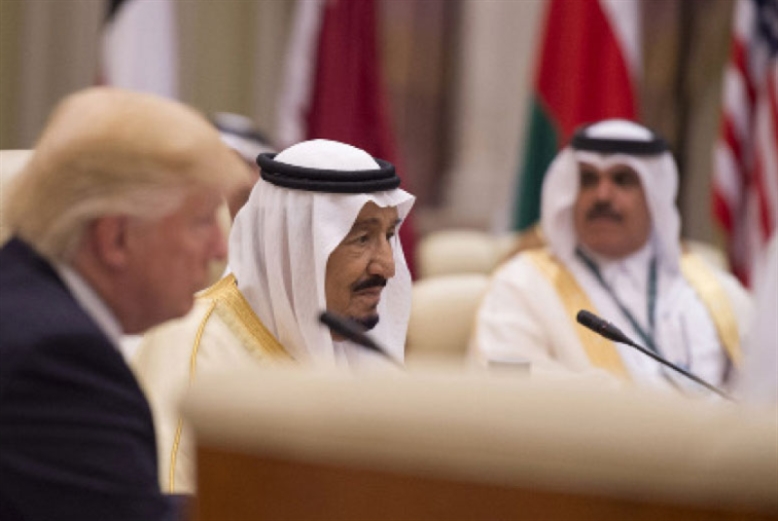
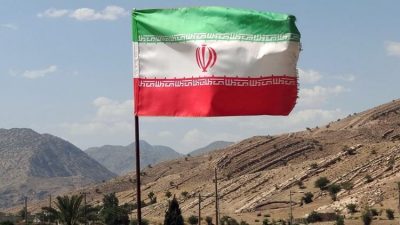
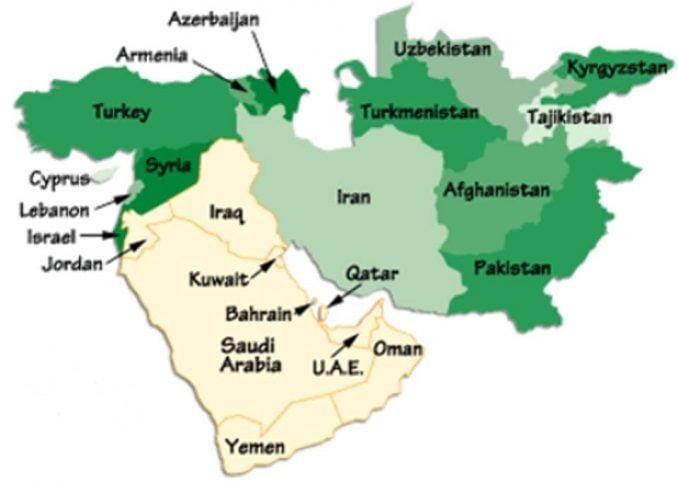 The Gulf of Oman
The Gulf of Oman